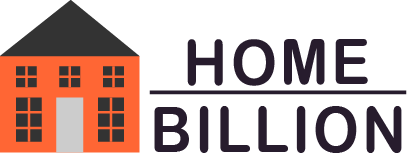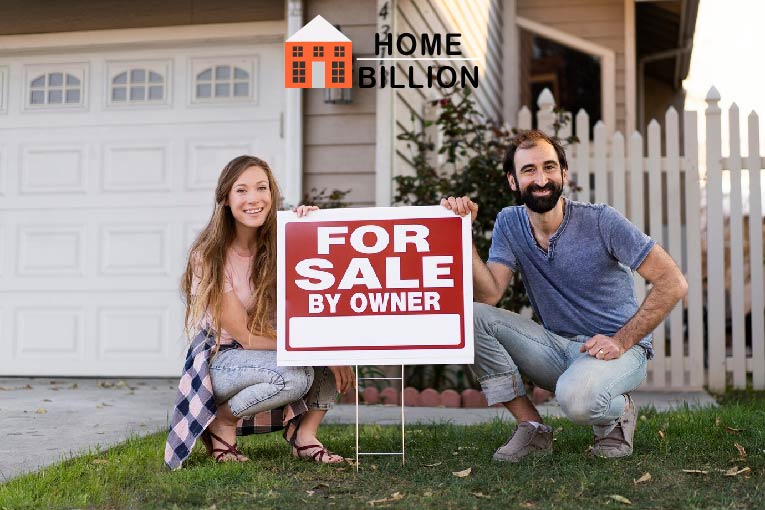What is the cheapest way to buy a foreclosed home? : Buying a foreclosed home can be an excellent opportunity to acquire property at a lower cost. However, the process involves some complexities and potential risks. Here’s a detailed guide on the cheapest ways to buy a foreclosed home, presented with a table summarizing the options, followed by an explanation and conclusion.
Table: Cheapest Ways to Buy a Foreclosed Home
| Method | Description | Cost Involved | Advantages | Disadvantages |
|---|---|---|---|---|
| Pre-Foreclosure Purchase | Buying directly from the owner before the foreclosure is finalized. | Negotiable (often below market value) | Potential for negotiation, lower competition | Requires fast closing, potential title issues |
| Auction Purchase | Buying at a public auction where the property is sold to the highest bidder. | Low (depending on the auction price) | Potential for a lower purchase price | Requires full payment, limited inspection |
| Bank-Owned Property (REO) | Buying directly from a bank after they have taken ownership post-foreclosure. | Below market value, negotiable | Clear title, financing options available | More competition, property condition issues |
| Government Auctions | Purchasing through auctions held by government agencies (e.g., HUD, Fannie Mae). | Low (starting bid prices) | Potential for significant discounts | High competition, limited inspection |
| Short Sale | Buying directly from the owner before foreclosure, with the bank agreeing to sell for less than the mortgage owed. | Below market value | Bank-approved sale price, potential discounts | Time-consuming, requires bank approval |
Detailed Explanation
- Pre-Foreclosure Purchase
- Process: This method involves contacting homeowners who are in the pre-foreclosure stage (usually after they’ve missed several mortgage payments but before the property is officially foreclosed). The buyer negotiates directly with the homeowner to purchase the property before it goes to auction.
- Cost: The purchase price can often be negotiated below market value, as the seller is motivated to avoid foreclosure.
- Pros: There’s potential for significant savings, and there’s typically less competition than at an auction.
- Cons: This method requires quick action and closing, as the foreclosure process may be on a tight timeline. Additionally, there may be issues with the property’s title or existing liens.
- Auction Purchase
- Process: Foreclosed properties are often sold at public auctions. The property is typically sold to the highest bidder, and the purchase is often “as is,” meaning you buy the property without any guarantees about its condition.
- Cost: Auction prices can be low, especially if there are few bidders. However, you must be prepared to pay in full, usually within a short period.
- Pros: Auctions offer the potential to buy properties well below market value.
- Cons: You may face competition from other bidders, and there’s a risk of purchasing a property with significant issues that weren’t apparent during a limited inspection.
- Bank-Owned Property (REO)
- Process: After a foreclosure, if the property doesn’t sell at auction, it becomes Real Estate Owned (REO) by the bank. These properties are listed for sale by the bank, often through real estate agents.
- Cost: These properties are typically priced below market value, and banks may be willing to negotiate on price and terms.
- Pros: The title is usually clear, and banks may offer financing options. Buyers also have the opportunity to inspect the property before purchasing.
- Cons: There is often more competition for these properties, and the property condition might be poor, requiring substantial repairs.
- Government Auctions
- Process: Government agencies, such as the Department of Housing and Urban Development (HUD), Fannie Mae, and Freddie Mac, often sell foreclosed homes through auctions.
- Cost: Starting bid prices are often set low to attract buyers, offering the potential for a significant discount.
- Pros: These auctions provide access to properties at substantial discounts, and the title is generally clear.
- Cons: Like other auctions, there’s competition, and the ability to inspect the property is usually limited.
- Short Sale
- Process: A short sale occurs when a homeowner sells their property for less than what they owe on the mortgage, with the lender’s approval. This often happens when the homeowner is underwater on their mortgage.
- Cost: Short sales are usually priced below market value because the lender is motivated to recoup as much of the loan balance as possible.
- Pros: The sale price is often lower than market value, and since the lender has approved the sale, the process may be smoother than other foreclosure methods.
- Cons: The process can be lengthy, requiring lender approval, which can delay closing. Additionally, there might be multiple liens on the property that need to be cleared.
Conclusion
The cheapest way to buy a foreclosed home depends on your circumstances, resources, and risk tolerance. Pre-foreclosure purchases and short sales offer opportunities to negotiate directly with sellers and may result in significant discounts. Auctions and government auctions can also provide substantial savings but come with higher risks due to limited property inspections and the need for immediate payment.
If you prefer a more straightforward process with less risk, bank-owned properties (REO) might be the best option, as they often come with a clear title and the possibility of financing. However, these properties tend to have more competition.
Ultimately, thorough research, understanding the risks, and having your finances in order are crucial to securing a foreclosed home at the lowest possible cost.

